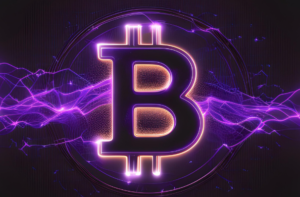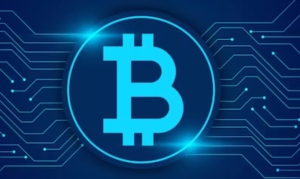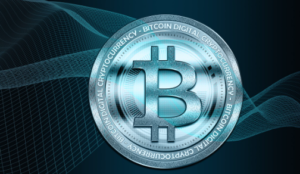$BTC $ETH #DigitalAssets #FederalReserve #Blockchain #Fintech #Banking #CryptoAdoption #FinancialInnovation #TechTrends #Economy #FutureOfFinance
Why Must Banks Adopt Digital Assets Now? Unveil the Federal Reserve’s Urgent Call to Action!
In the evolving landscape of global finance, the Federal Reserve’s Vice Chair has signaled a pivotal shift. The latest banks news suggests a pressing need for traditional banking institutions to integrate digital assets into their operations. This development is not just a fleeting trend but a fundamental evolution necessary to keep pace with technological advancements and changing consumer expectations.
The Drive Towards Digitalization in Banking
The urgency for banks to adopt digital assets has never been more critical. As digital currencies like Bitcoin and Ethereum continue to gain mainstream acceptance, the financial sector faces a paradigm shift. Traditional banks are urged to embrace these technologies to stay relevant and competitive in a rapidly evolving digital economy. The push towards digital assets is fueled by several factors including increased efficiency, security, and the potential to reach a global customer base without the constraints of traditional banking infrastructure.
Federal Reserve’s Stance on Blockchain and AI
The Federal Reserve’s openness to blockchain and artificial intelligence is a clear indicator of the future direction of financial regulations. By advocating for the adoption of these technologies, the Federal Reserve is preparing the American banking system for a future where digital transactions dominate. The integration of AI into financial services promises enhanced analytical capabilities, improved risk assessment, and more personalized customer service, positioning banks as more than just financial institutions, but as pivotal players in a tech-driven landscape.
Implications for the Banking Sector
For banks, the shift towards digital assets and technologies isn’t merely about staying technologically updated. It’s about transforming operational models to enhance speed, accuracy, and cost-efficiency. Blockchain technology, for instance, offers immutable records and enhanced security features that could significantly reduce fraud and streamline compliance processes. Similarly, AI can automate complex, time-consuming processes, freeing up human resources for more strategic roles, which could reshape the banking workforce and operational standards.
Strategic Moves Banks Should Consider
To navigate this shift, banks should consider several strategic moves:
1. Investing in blockchain technology to streamline operations.
2. Training staff to manage and innovate with new digital tools.
3. Collaborating with tech companies to stay ahead in the digital curve.
4. Enhancing cybersecurity measures to safeguard digital transactions.
Conclusion: A Call to Action for Future-Ready Banking
The call from the Federal Reserve serves as a crucial wake-up call for the banking industry. As digital currencies and technologies carve a path forward, banks must adapt or risk obsolescence. The future of banking lies in digital assets, and the time for banks to act is now. This strategic pivot is not just about adopting new technologies, but about redefining the very essence of banking in the digital age.
For more insights into crypto trends and their impact on traditional sectors, explore our dedicated section on cryptocurrency developments. To start trading digital assets, consider using platforms like Binance for a comprehensive and secure experience.
Embracing these technologies will ensure that banks remain competitive and relevant in an increasingly digital world, aligning with modern consumer demands and technological advancements.










Comments are closed.